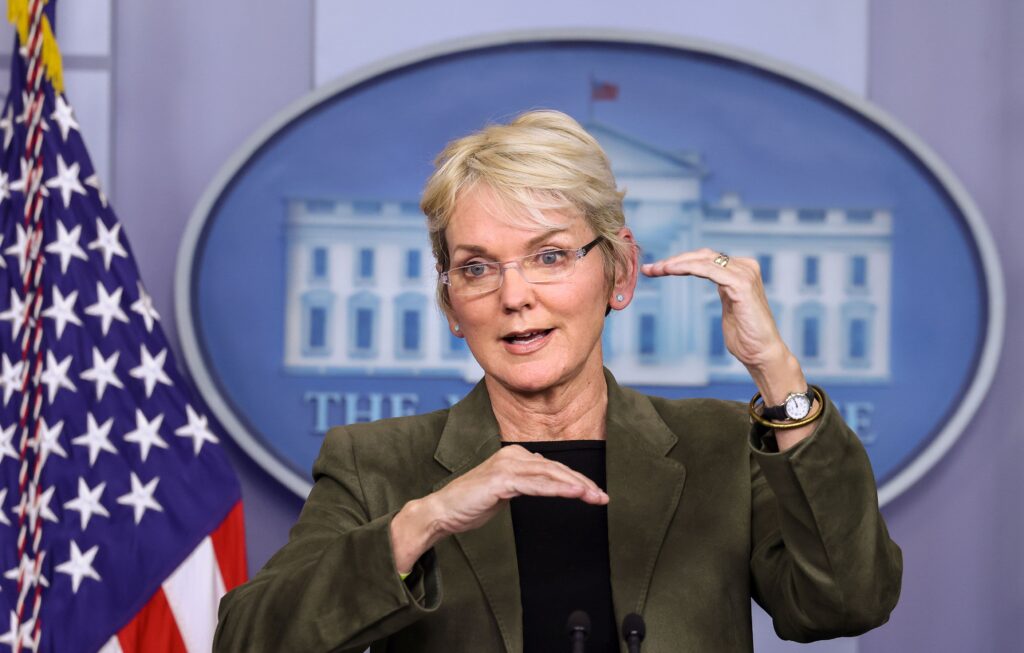U.S. DOE Invests $315 Million to Advance Reliable Clean Energy in Rural and Remote Communities

|
Listen to this story:
|
DOE Announces Initial Funding for New $1 Billion Bipartisan Infrastructure Law Program to Improve Energy Systems in Areas with Less Than 10,000 People
The Biden-Harris Administration, through the U.S. Department of Energy (DOE), announced $300 million for projects that increase energy affordability and promote climate resilience and $15 million for a prize competition to help rural communities build the capacity needed for clean energy development and deployment. These two new funding opportunities are a critical component of President Biden’s Bipartisan Infrastructure Law-funded Energy Improvements in Rural or Remote Areas (ERA) program, which aims to improve the resilience, reliability, and affordability of energy systems in communities across the country with 10,000 or fewer people. Today’s announcements will help deliver local community-driven energy projects in rural and remote communities and reflect the President’s unwavering commitment to ensuring no community is left behind in the nation’s historic transition to a clean energy future.
“Access to a reliable and affordable energy supply is critical to building safer, climate resilient communities and key to addressing the unique energy challenges faced by remote regions,” said U.S. Secretary of Energy Jennifer M. Granholm. “Thanks to new investments from President Biden’s clean energy and climate agenda, DOE is doubling down on its efforts to ensure every American—especially those in rural and remote areas—can unlock the public health and cost-saving benefits that come with the transition to a clean energy future.”
Nearly one in six Americans live in a rural or remote community. Due to low population density and isolation from larger electric systems, these communities face higher energy costs and poor electrical reliability. The ERA program, which is managed by DOE’s Office of Clean Energy Demonstrations, will leverage DOE’s expertise and experience in resilient energy solutions to modernize electric generation facilities, address disproportionately high electricity costs, and support new economic opportunities in these communities.
See related article: Biden-Harris Administration Announces $550 Million to Advance Environmental Justice
Energy Improvements in Rural or Remote Areas
A $300 million funding opportunity will award projects that increase energy affordability and promote climate resilience with an anticipated federal cost share ranging from $5 to $100 million per project. The funding is flexible to meet various project types with $5 to $10 million for a single site demonstration project and up to $100 million for a single or multi-site demonstration project that benefits multiple communities. DOE seeks to provide equal opportunity to qualified applicants and enable potential replication in rural and remote communities across the nation. The funding is organized into nine geographical regions to reflect regional diversity in energy consumption and access, varying weather patterns, and climate impacts. Applicants will be required to submit Community Benefits Plans to ensure benefits spread equitably across affected communities.
The Energizing Rural Communities Prize
DOE also is launching the Energizing Rural Communities Prize to support capacity building to remove two of the biggest barriers to improving energy systems in rural or remote areas: developing necessary partnerships and securing financing. Through $15 million in funding, this prize competition will help build partnerships by connecting communities to government funding and a network of partners that can help implement clean energy projects. The prize will help selectees develop plans to access capital and/or develop community ownership models.
At the Alaska Federation of Natives’ Alaska Day Convention later today, U.S. Deputy Secretary of Energy David M. Turk will highlight how these important new investments will help improve energy capacity and resilience in rural communities while also lowering energy costs and reducing harmful environmental pollution.









